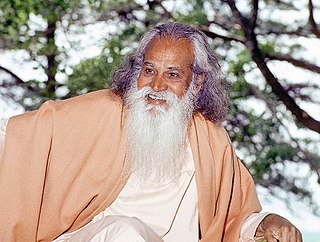A Quote by Joseph Addison
Mere bashfulness without merit is awkwardness.
Quote Topics
Related Quotes
There are two principles inherent in the very nature of things, recurring in some particular embodiments whatever field we explore - the spirit of change, and the spirit of conservation. There can be nothing real without both. Mere change without conservation is a passage from nothing to nothing. . . . Mere conservation without change cannot conserve. For after all, there is a flux of circumstance, and the freshness of being evaporates under mere repetition.
No cause more frequently produces bashfulness than too high an opinion of our own importance. He that imagines an assembly filled with his merit, panting with expectation, and hushed with attention, easily terrifies himself with the dread of disappointing them, and strains his imagination in pursuit of something that may vindicate the veracity of fame, and show that his reputation was not gained by chance.
It may be a mere patriotic bias, though I do not think so, but it seems to me that the English aristocracy is not only the type, but is the crown and flower of all actual aristocracies; it has all the oligarchical virtues as well as all the defects. It is casual, it is kind, it is courageous in obvious matters; but it has one great merit that overlaps even these. The great and very obvious merit of the English aristocracy is that nobody could possibly take it seriously.


































